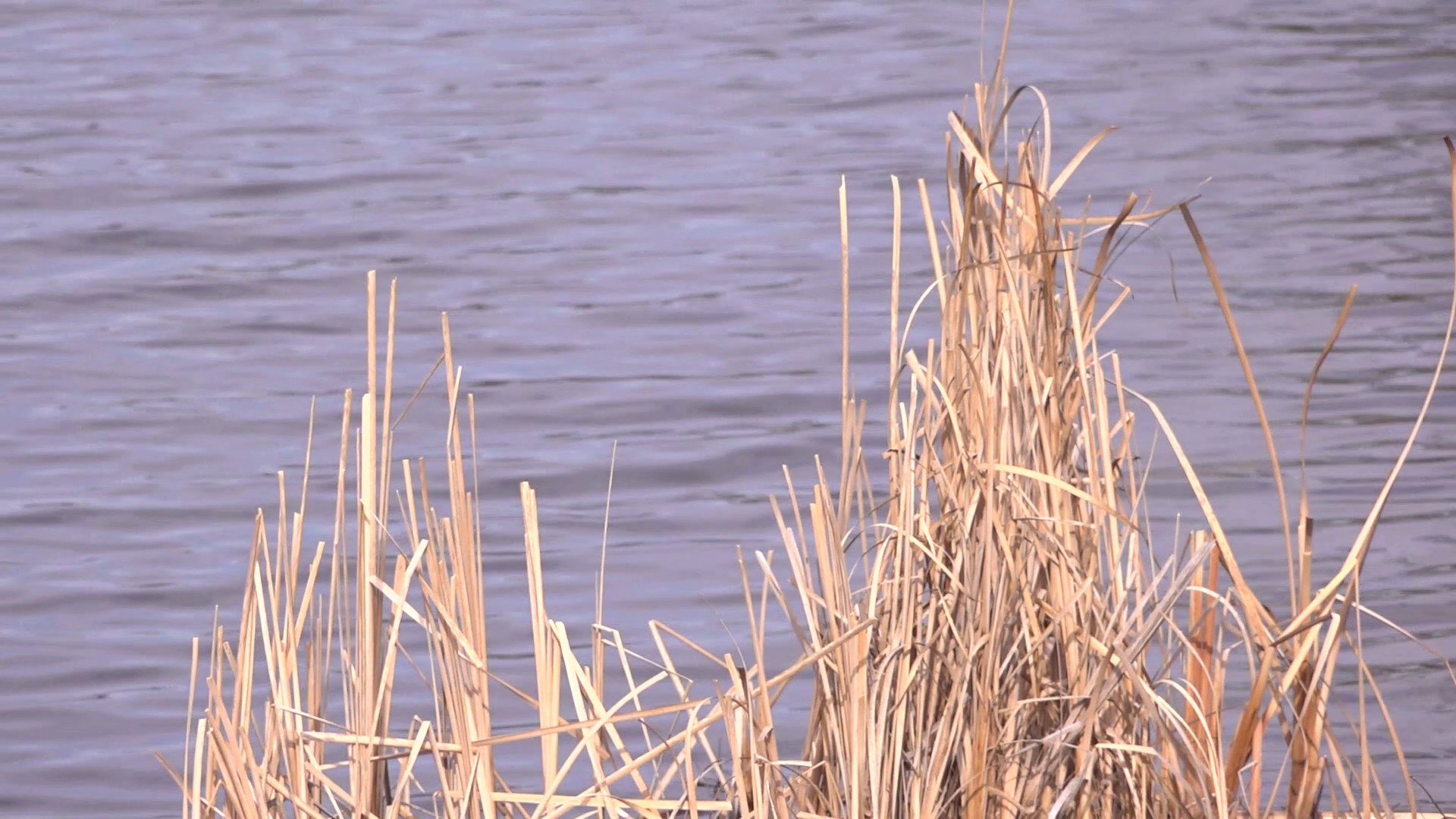DES MOINES, Iowa — The Iowa Department of Natural Resources released a report last week stating there are hundreds of impaired bodies of water across the state, among the ones assessed in 2021 and 2022.
Water can be identified by the DNR as impaired when monitored data illustrates high levels of pollutants — including E.coli, algae growth, a fish kill or pH imbalance.
Environmental experts said agricultural behaviors are to blame for water impairment. Silvia Secchi, a University of Iowa Geographical and Sustainability Sciences professor, told Local 5 the increase in hog farming and decrease in crop diversity has led to chemicals and bacterium running off into bodies of water.
RELATED: EPA issues new auto rules aimed at cutting carbon emissions, boosting electric vehicles and hybrids
"Because of the manure, and what's in the manure, we may have things like bacteria, antibiotic residues, and so all sorts of other things that can cause impairment into our waters," Secchi explained.
A lot of water pollution depends on the climate. If there's more precipitation, then rain will carry these nutrients into larger bodies of water, like streams, rivers and lakes, impairing them.
For the bodies of water that have been identified as impaired, the DNR said its always looking to improve Iowa's water quality.
The department works with lake restoration organizations to provide them with tools to work in the watershed and "move things forward," Iowa DNR's water quality monitoring and assessment supervisor, Noah Poppelreiter said.
When the DNR assess a body of water for impairment, they take two things to mind: concentration of pollution measured to the state's water quality standards, and where there's macroinvertebraes and/or dead fish in this water.
When fish begin to repopulate, that's when the DNR works to remove that body of water from the impaired waters list, because they're seeing ecosystem growth and a decrease in pollutants.
Throughout its water quality improvement plan, the DNR also meets with Iowans in the surrounding community to formulate a plan to install better conservation practices to reduce the number of pollutants in this lake in order to meet water quality standards.
Impaired waters have affects on the community as well, leading to some beach closures because waters are "unhealthy" to swim in.
"There's costs in terms of lost tourism, and there's costs in terms of water treatment," Secchi added.
Over 1,000 water segments went unassessed in 2021 and 2022, according to the report.

